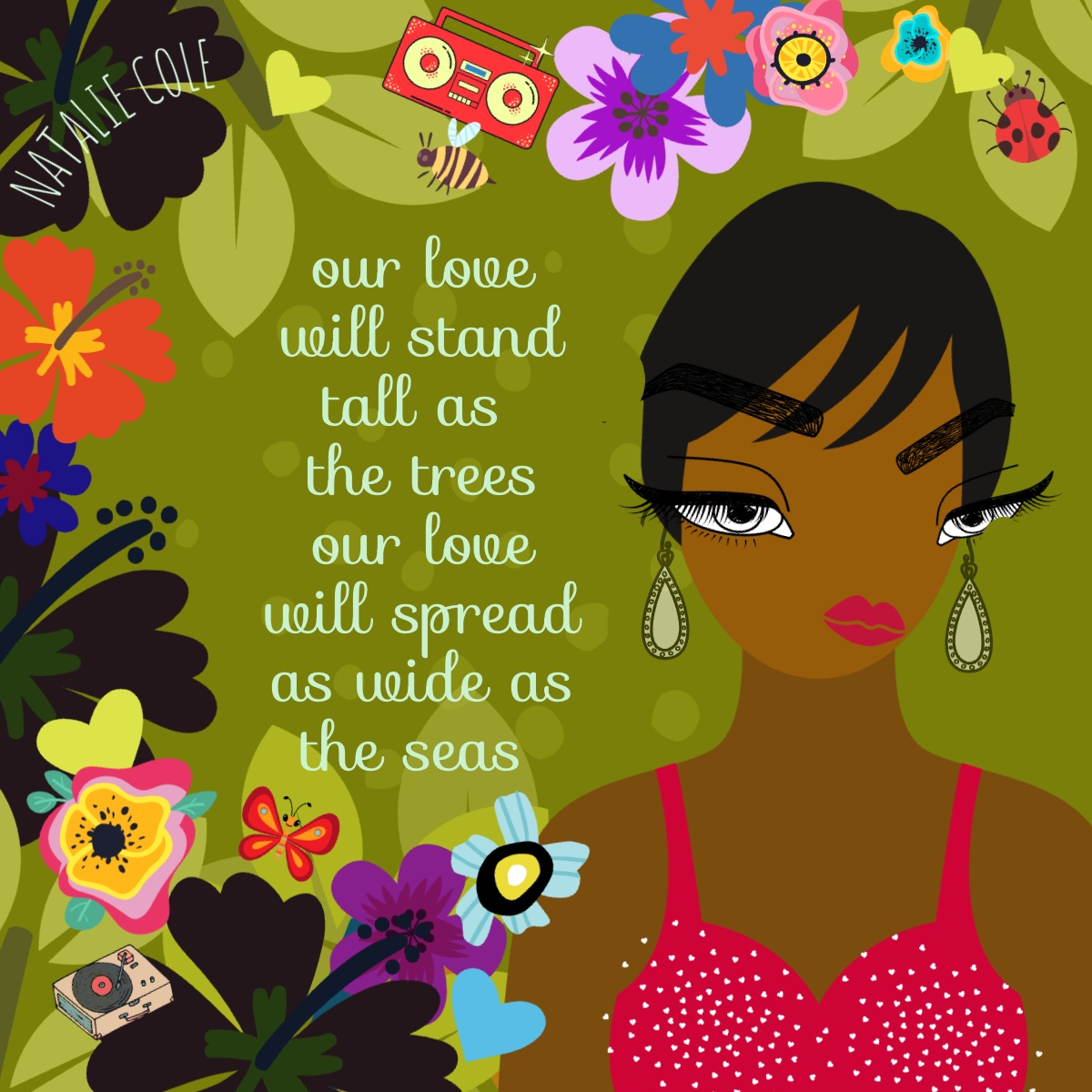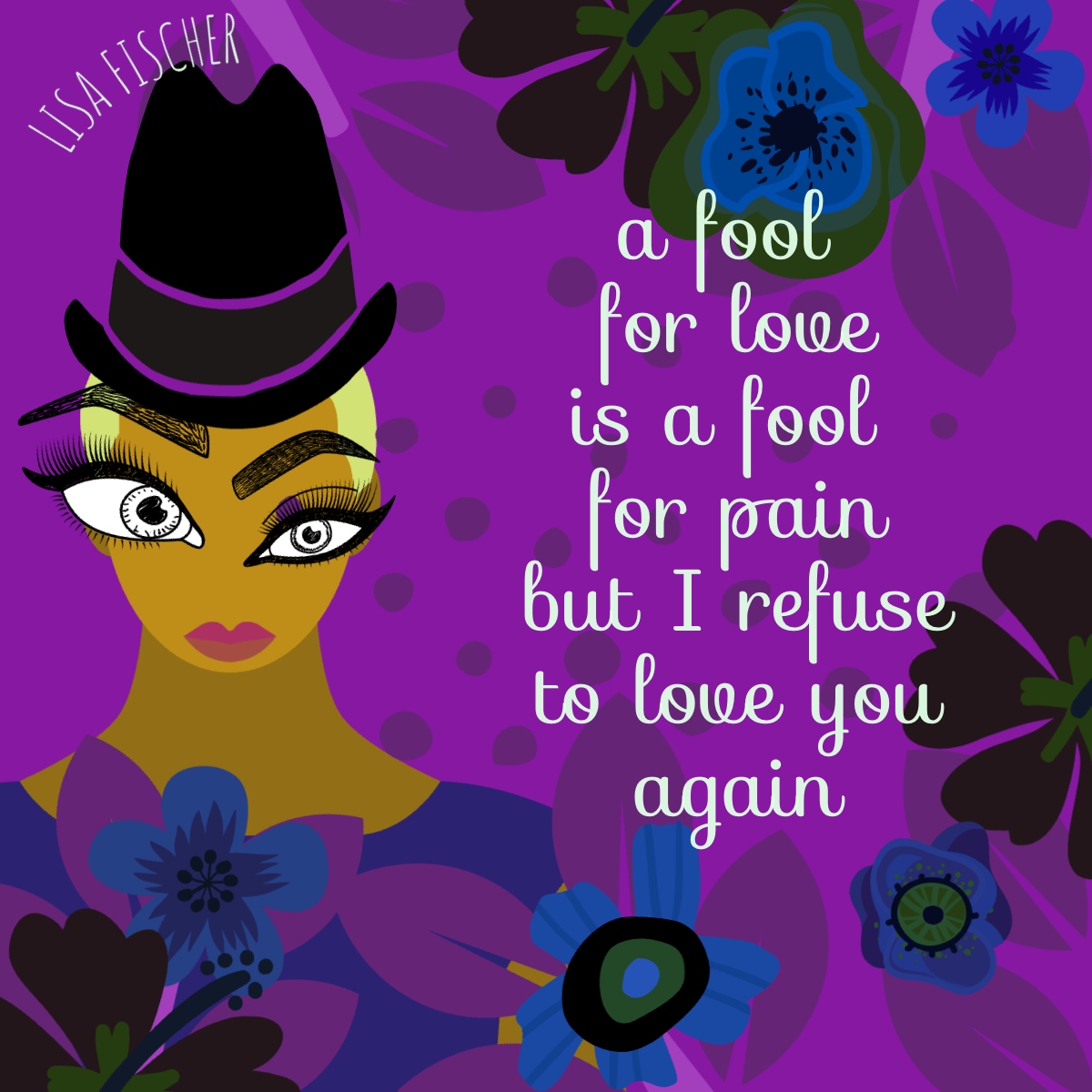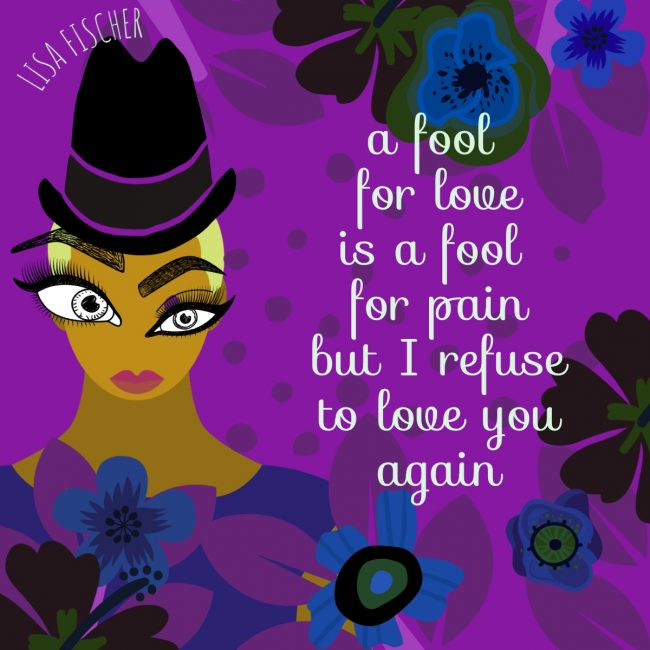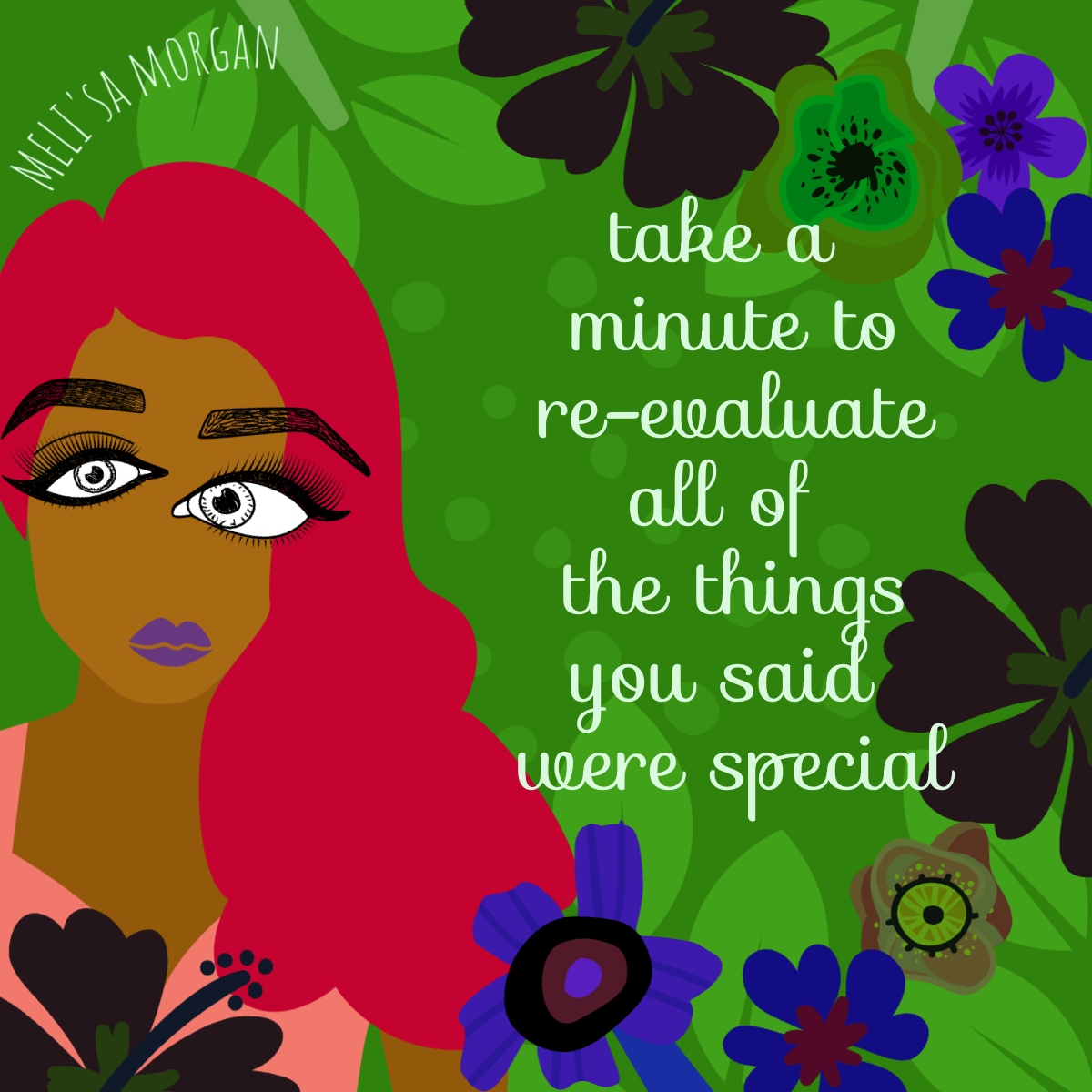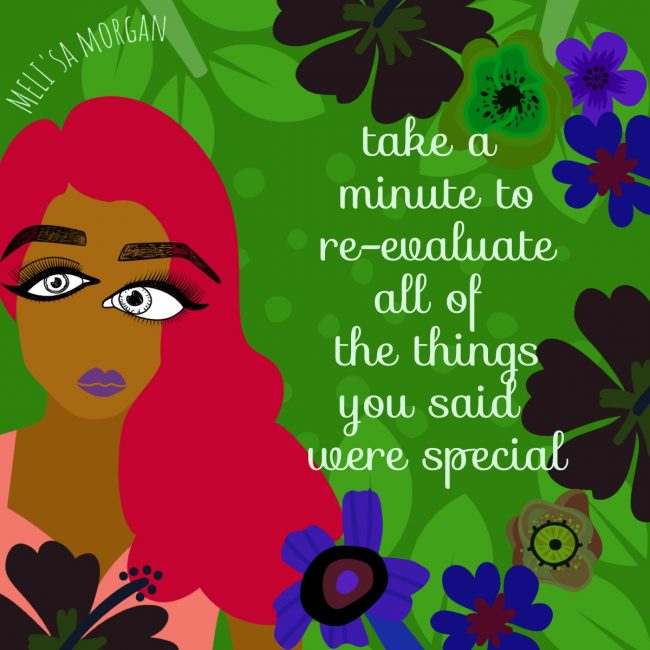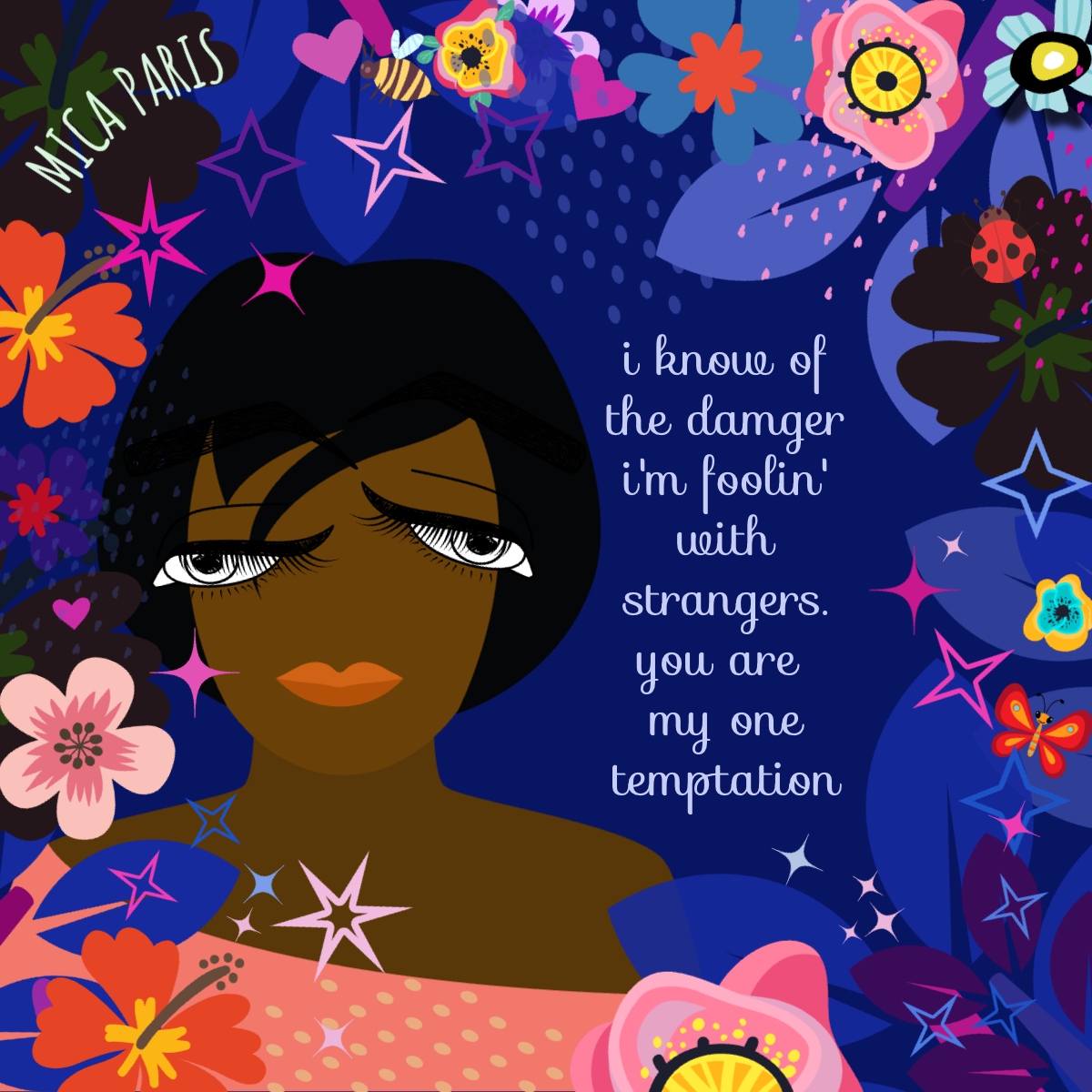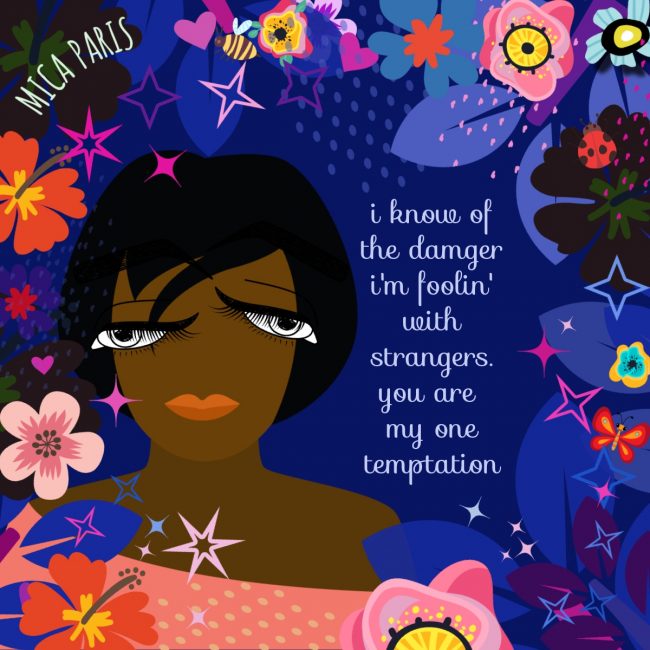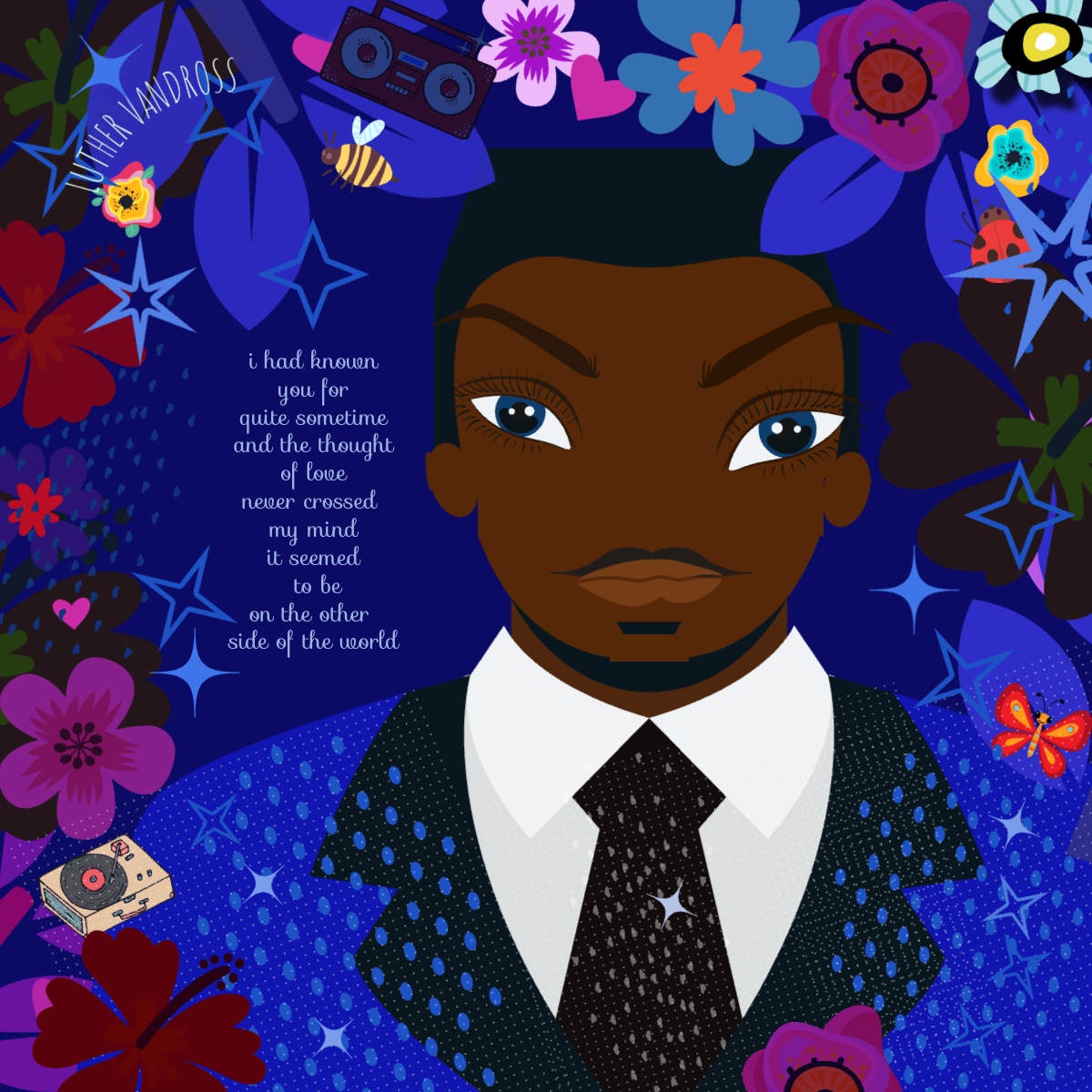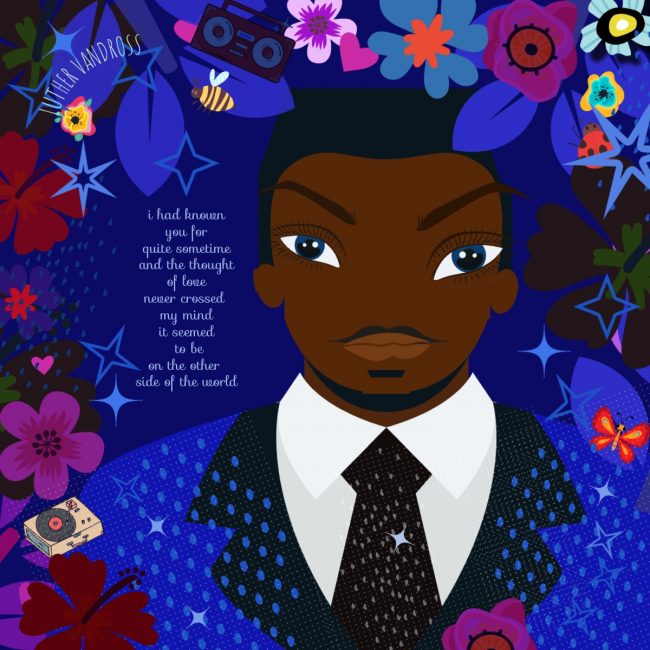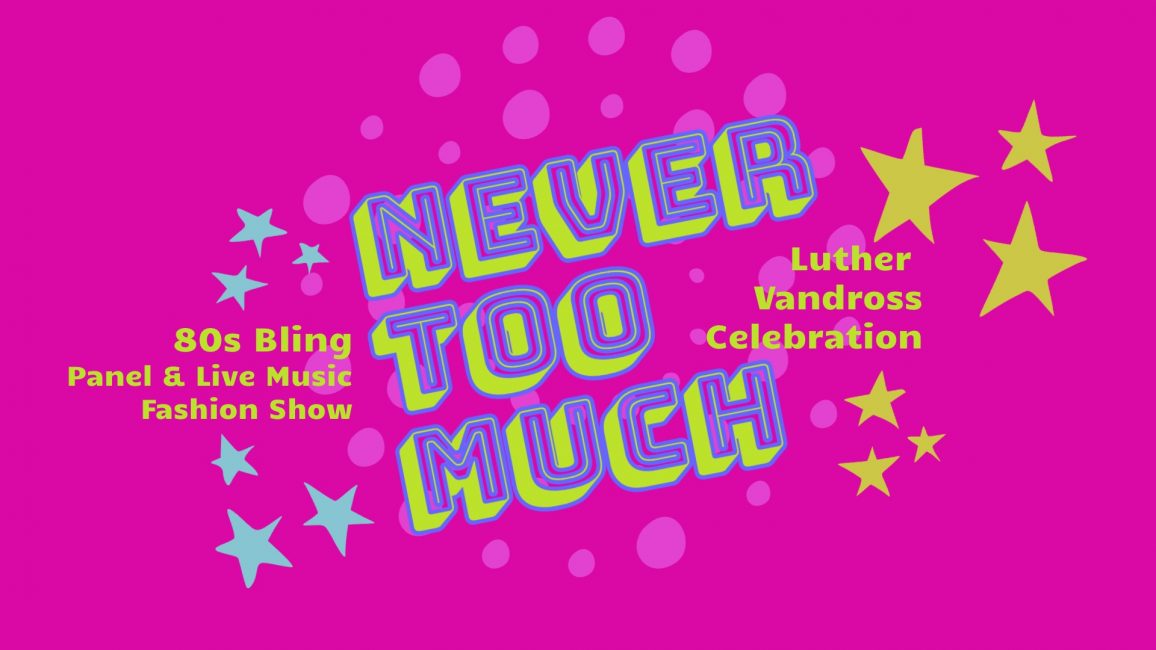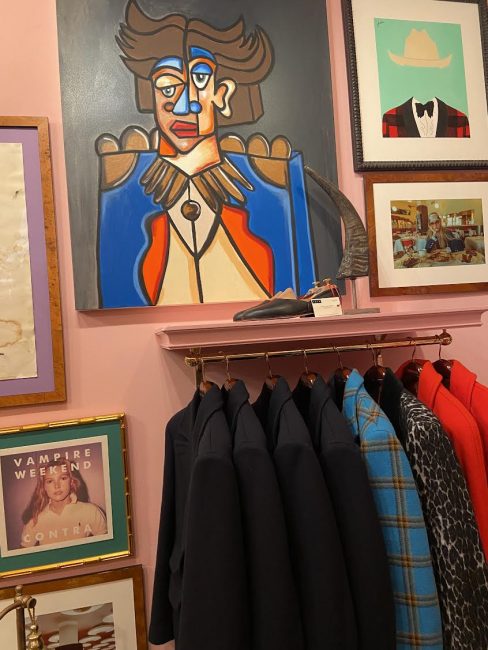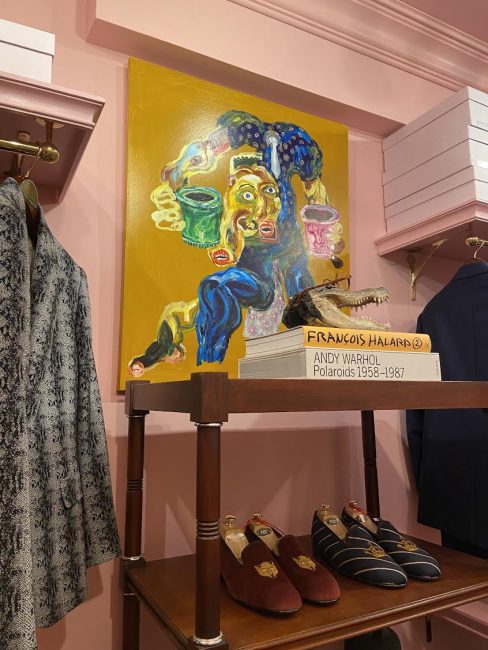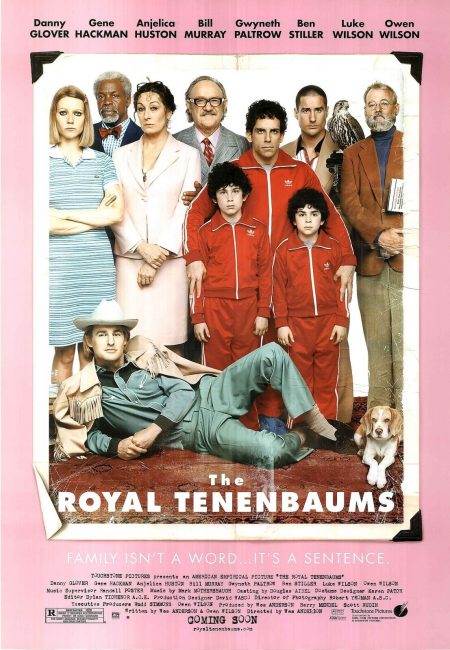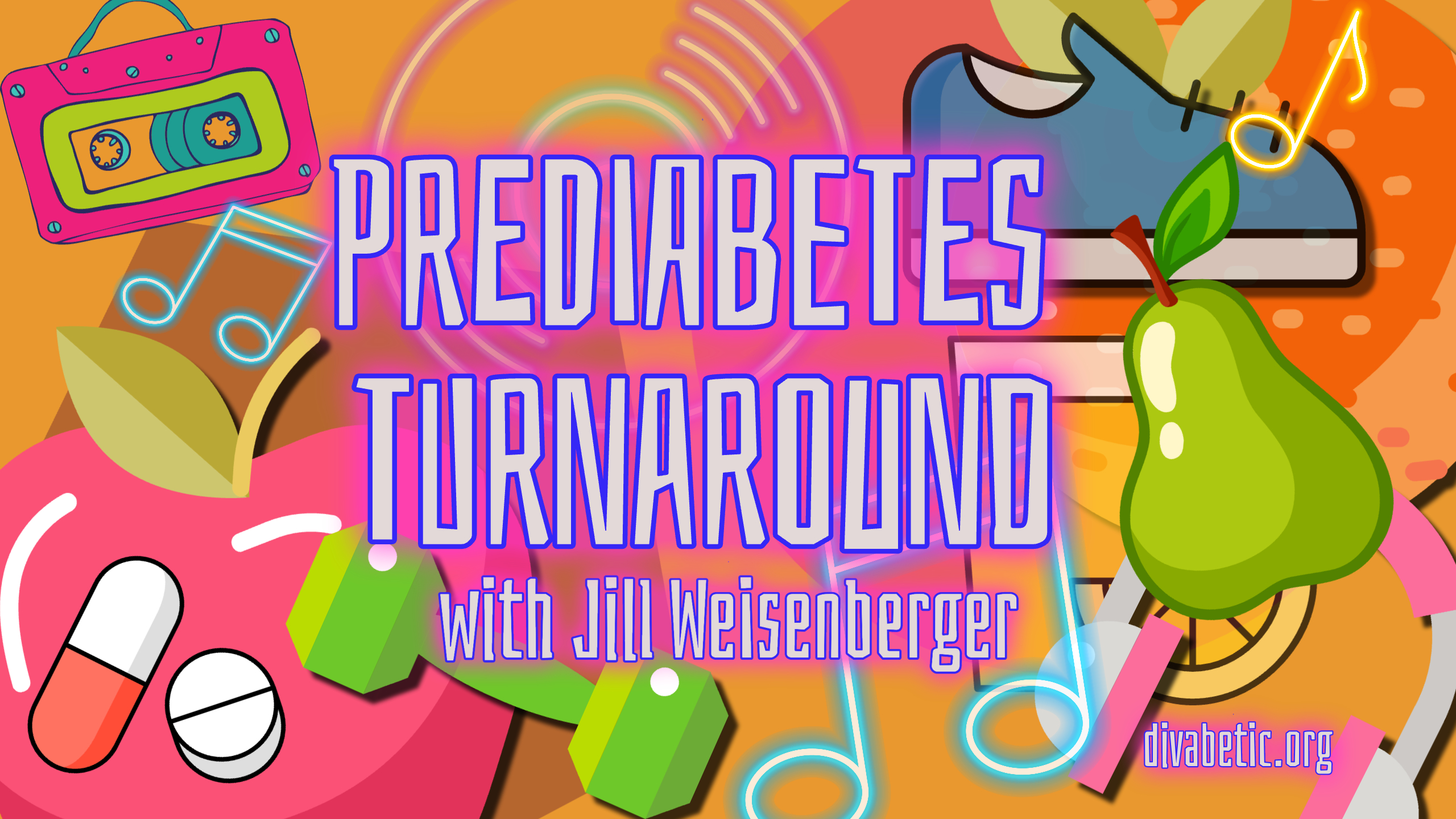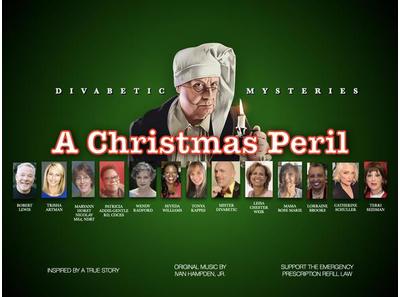“I think that I am a walking testimony to you can have scars. You can go through turbulent times and still have victory in your life,” Natalie Cole said.
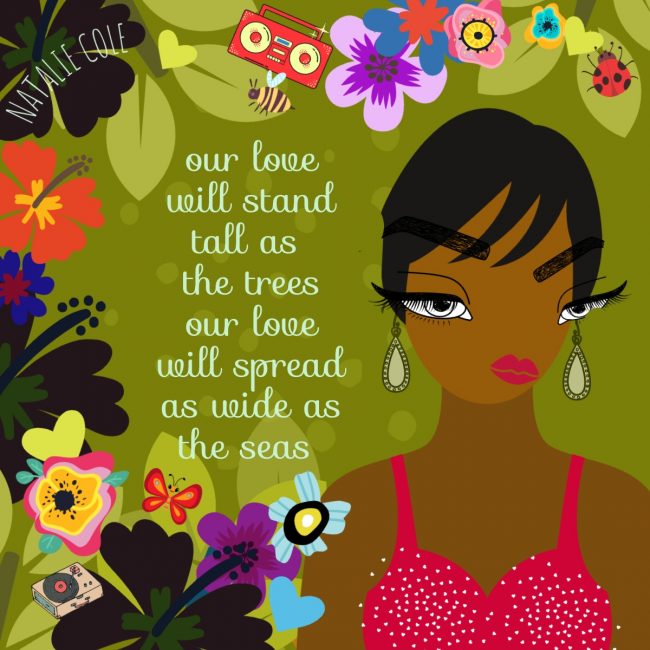
When she was a girl, Natalie Cole started singing with her father, crooner Nat King Cole. She made her first recording at age 6; by 11, she was performing on TV alongside her dad.
She won two Grammy Awards, Best New Artist and Best Female R&B Performance, for her debut album, “Inseparable” in 1975.
Her third — and first platinum — album, “Unpredictable,” spawned another No. 1 R&B hit: “I’ve Got Love on My Mind.”
Her fourth album, “Thankful,” features one of my favorite songs, the smooth and sultry ballad “Our Love.” It was written by Cole’s regular team of Chuck Jackson and Marvin Yancy, both former members of the R&B group the Independents.
In 1979, Natalie Cole received a star on the Hollywood Walk of Fame, signifying and solidifying her prowess as a performer.
But her ongoing recreational use of substances turned into a heavy, crippling drug addiction.
In her autobiography, “Angel on my Shoulder,” she wrote, “I never got to make the transition from little girl to young woman … and that really screws you up.”
Her addiction became so prominent in her life that, on more than one occasion, it nearly killed her. She overcame her addiction after checking into rehab.
After becoming sober, Natalie Cole returned in the 1990s with “Unforgettable… with Love”, featuring renditions of songs previously sung by her father.
When Natalie Cole began her career, she admitted she was determined not to capitalize on her father’s name and wanted to forge her separate identity. In an interview, she said, “My father led by example. He wasn’t much of a talker—he walked life.” For many years, she also found the prospect of recording her late father’s songs too painful on a personal level. But overcoming her fears certainly paid off.
The album’s breakout single, “Unforgettable,” features a track dubbed over a previous Nat King Cole recording to create a father-daughter duet. The album sold over 11 million copies and garnered several honors, including seven Grammys, Record of the Year, Album of the Year, and Song of the Year.
One of my other favorite moments from Natalie Cole’s career is when you replaced Whitney Houston at the Oscars and performed “Run To You” and “I Have Nothing” from the Bodyguard soundtrack.
In 2008, Natalie Cole was diagnosed with hepatitis C, a disease of the liver. She received a kidney transplant after her kidneys began to fail.
I just wanted to say a big thank you for checking out my Women & Music series for Women’s History Month. I had a blast creating artwork for each of my favorite performers and learning more about their amazing lives. I hope you had as much fun reading it as I did creating it!

Join us for our Luther Vandross: Never Too Much birthday celebration featuring a Music Panel, Fashion Show, Luther Trivia Games, Live Performances, Style Vendors, and a Live DJ on Wednesday, April 17, 2024.
Come dressed in your Big 80s Bling!
Luther Vandross was known for wearing rhinestones, silk tuxedos, and tailcoats on stage and Versace, Gucci, Dolce & Gabbana, and Tom Ford off-stage! He wasn’t afraid of bright colors, animal prints, geometric patterns, and fringe. His style and incredible showmanship brought him legions of fans worldwide.
We’re celebrating the Glitz, Glamour, and Romantic Elegance that made his concerts memorable and set him apart from other entertainers.
MUSIC PANEL: Luther’s Vocalist, Cindy Mizelle, Luther’s Choreographer, James Ervin, and Graffiti Glamour Makeup Artistry Founder Alicia Mitchell give us a closer look into the Shine of the Rhinestones, Big Luscious Hairstyles, Bold Makeup, Graceful Moves, and Tight Harmonies comprising Luther’s iconic stage shows. Hosted by Max Szadek.
FASHION SHOW: Designers showcase their gorgeous creations inspired by Luther Vandross’s romantic elegance. See the latest styles from Harlem’s Heaven and Modafleur, among others! Hosted by Catherine Schuller.
LIVE PERFORMANCE: Luther’s most iconic songs performed by Luther’s most iconic songs by vocalist Keith Anthony Fluitt.
STYLISH VENDORS: Shop for apparel, jewelry, and teas from a dazzling array of small entrepreneurs.
COCKTAILS & LITE BITES: Enjoy signature cocktails and delicious appetizers.


